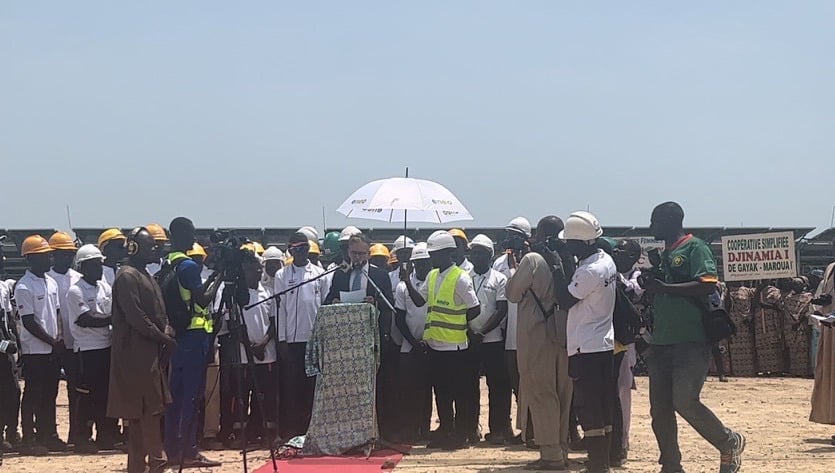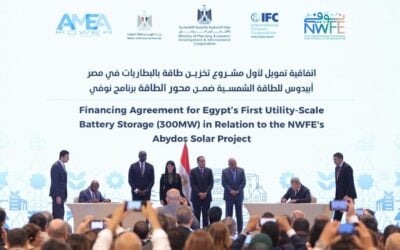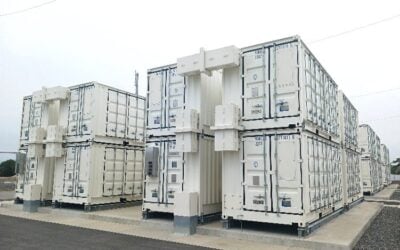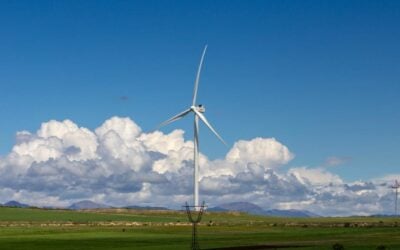
Kenya Electricity Generating Company (KenGen) has been selected to carry out a battery storage pilot project, through a programme to increase electricity access funded by the World Bank.
KenGen announced last week (24 November), that it had been chosen as the agency to implement the pilot, under the programme, Kenya Green and Resilient Expansion of Energy (GREEN). GREEN’s objective is to “increase access to electricity in Kenya in a financially and environmentally sustainable manner,” according to World Bank documents.
Enjoy 12 months of exclusive analysis
- Regular insight and analysis of the industry’s biggest developments
- In-depth interviews with the industry’s leading figures
- Annual digital subscription to the PV Tech Power journal
- Discounts on Solar Media’s portfolio of events, in-person and virtual
That means improving governance of the electricity sector and bolstering the financial stability of Kenya’s state-owned electricity distribution group, Kenya Light and Power Company (KLPC), as well as improving access to energy in support of the Kenya National Electrification Strategy (KNES), which aims to bring power to all communities in the African state by 2030.
The feasibility of large-scale solar PV, transmission system and battery storage projects will be evaluated through the programme.
KenGen is KLPC’s counterpart on the generation side. It currently has a generation fleet of around 1.9GW, which it said is 86% renewable energy, based on 826MW of hydroelectric resources, 799MW of geothermal and 25.5MW wind, with the remainder generated from thermal fossil fuels. The company is responsible for around 60% of Kenya’s electricity generation.
Details of the battery energy storage system (BESS) pilot are yet to be determined, with numerous possible regions being considered including the capital city Nairobi and the Mount Kenya region. KenGen will carry out a feasibility study ahead of making that decision.
KenGen did say however that preliminary findings of analysis indicated a critical need for BESS technology within Kenya’s national electricity infrastructure, storing geothermal-generated power as well as that from variable renewable energy (VRE) sources.
“By efficiently storing surplus energy and enhancing electricity stability and reliability, the BESS project will not only alleviate energy curtailment but also usher in a new era of sustainability and energy security,” KenGen CEO and managing director Peter Njenga said, describing the initiative as marking “a significant milestone for Kenya’s energy sector”.
The World Bank and other development finance institutions such as the Asian Development Bank (ADB) and US-based International Development Corporation (DFC) have played a role to date in kicking off energy storage projects in various emerging economies around the world.
Recent examples include US$24 million in World Bank guarantees for equity and shareholder loan investments into a solar-plus-storage project in Malawi, which also received a US$25 million DFC loan guarantee, a tender launched in August in the Maldives for 40MWh of BESS and energy management system (EMS) contracts for 18 islands supported by the World Bank and ADB, and a US$400 million loan to ENGIE from the World Bank’s International Finance Corporation (IFC) for new BESS projects in Chile.






